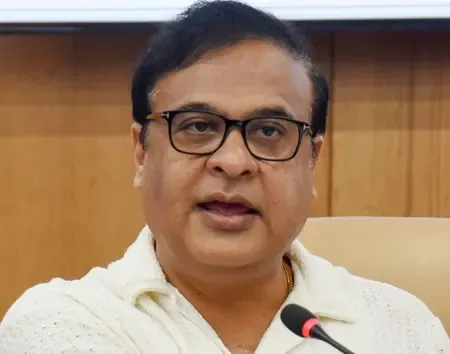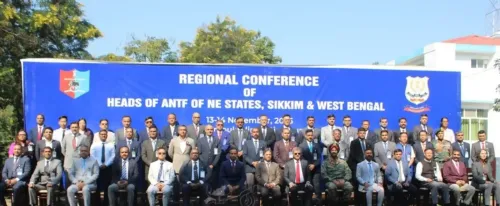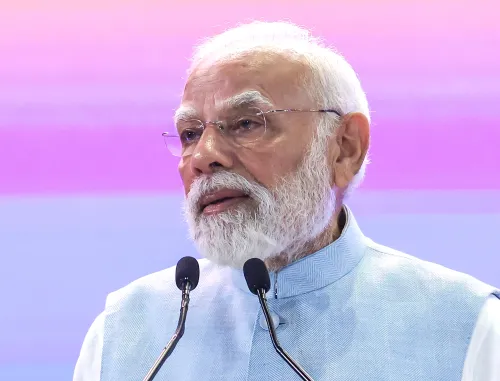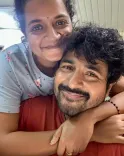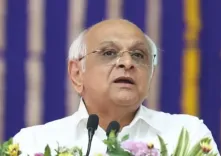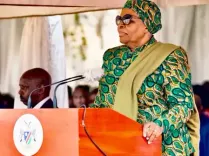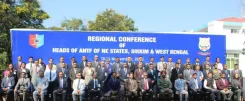Is the Air India Crash Inquiry Focused on Causes Rather than Blame?

Synopsis
Key Takeaways
- The Supreme Court prioritizes uncovering causes over blame.
- International involvement in the investigation is significant.
- Concerns about procedural flaws have been raised.
- Calls for an independent investigation are growing.
- Confidentiality of the investigation process is crucial.
New Delhi, Nov 13 (NationPress) The Supreme Court stated on Thursday that the objective of the investigation into the Air India flight that tragically crashed in Ahmedabad on June 12, resulting in the loss of over 260 lives, is to uncover the causes of the incident rather than to place blame. This inquiry aims to help prevent similar tragedies in the future.
A bench consisting of Justices Surya Kant and Joymalya Bagchi was addressing petitions from the family of the deceased Captain Sumeet Sabharwal, who was the Pilot-in-Command of the flight, along with the aviation safety NGO Safety Matters Foundation. They argued that the current investigation by the Aircraft Accident Investigation Bureau (AAIB) is marred by significant procedural issues and violates the right to life and fair investigations as guaranteed under Article 21 of the Constitution.
Solicitor General Tushar Mehta, representing the Indian government, clarified that no individual has been blamed for the crash.
“There exists an international convention and a structured framework under the International Civil Aviation Organisation (ICAO). Foreign representatives are involved as some victims were international. The Ministry of Civil Aviation has issued a statement confirming that no blame has been assigned,” SG Mehta reported.
The bench, led by Justice Kant, emphasized that the AAIB’s function is “not to allocate responsibility but to determine the cause and offer recommendations to prevent such incidents in the future,” adding that “a supplementary government investigation may address questions of responsibility.”
Senior advocate Gopal Sankaranarayanan, representing Captain Sabharwal’s 91-year-old father, argued that the investigation procedures have not been properly adhered to.
Sankaranarayanan insisted that the family seeks an “independent and credible” investigation.
Advocate Prashant Bhushan, representing Safety Matters Foundation, contended that “a significant accident that results in fatalities necessitates a court of inquiry, not merely an AAIB investigation.”
In a previous hearing in September, the Supreme Court criticized the “selective leaks” of the preliminary AAIB report, which reportedly promoted a narrative attributing blame to pilot error, underscoring the need for confidentiality until the investigation concludes.
The Supreme Court also rejected a foreign media report insinuating pilot error, stating, “That is irresponsible reporting. No one in India believes the pilot was at fault.”

